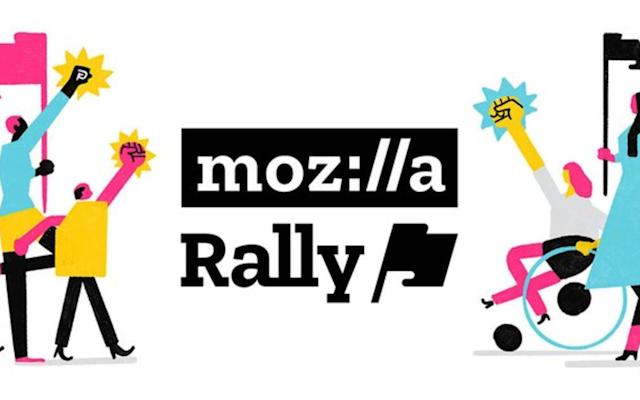At this point in the history of the internet, most of us have made peace with the fact that accessing the web involves submitting information about ourselves every time we visit a website. Mozilla thinks we can do better, and so it launches a rally, data sharing platform and plugin claims company is the first-of-type in the browser room. With a rally, Mozilla said hoping to make a case for a fair market for data, “where each party is treated fairly” and “where people understand their data values.”
In practice, the rally will allow you to share your browsing data with computer scientists and sociologists who study the web. Out of the gate, they will become a single study of the University of Princeton who seek to understand how people find, consume, and share news about politics and Covid-19. At some point later, outside PayWall from Stanford University will check the economy needed for more sustainable news landscapes.
“The core focus of this initiative allows unprecedented research that accommodates the major online service accountability,” Mozilla said. For this reason, the company also released a toolkit called Webcience which allows researchers to create standard browser-based studies on the rally. Mozilla webstion claims promote data minimization, practice limits data collection only with the information needed for certain purposes. To this day, rally is available for Firefox desktop users over the age of 19 in the US.
Just as when support adds brave to the search for IPF, the rally is one feature that can affect how we explore the Internet, but will take more browsers to adopt the platform to fulfill its promise. In May 2021, Firefox had a share of 3.36 percent of the global browser market, according to StatCounter. And it will take a buy-in from Google or, more likely, Apple to move the needle. For this reason, Mozilla said it planned to bring a rally to the browser and other web countries. At the same time, we will not count the company because it has historically have outsized influences on other players in space. As only one example, when Apple introduced a tracking prevention policy in 2019, the company quoted a series of similar rules from Mozilla as inspiration.

